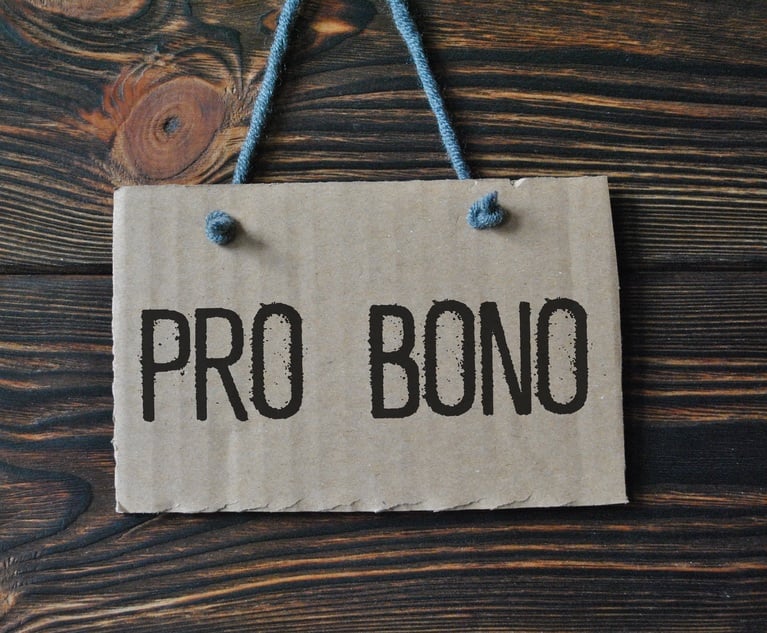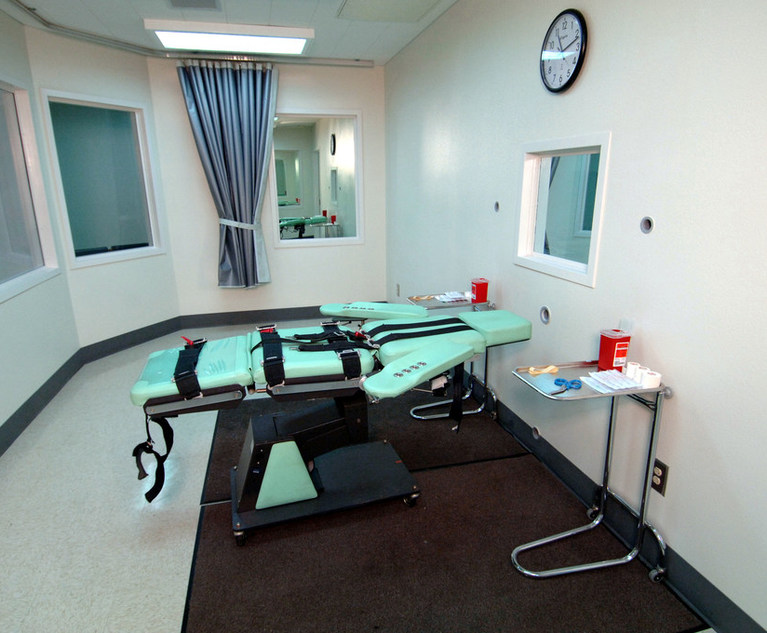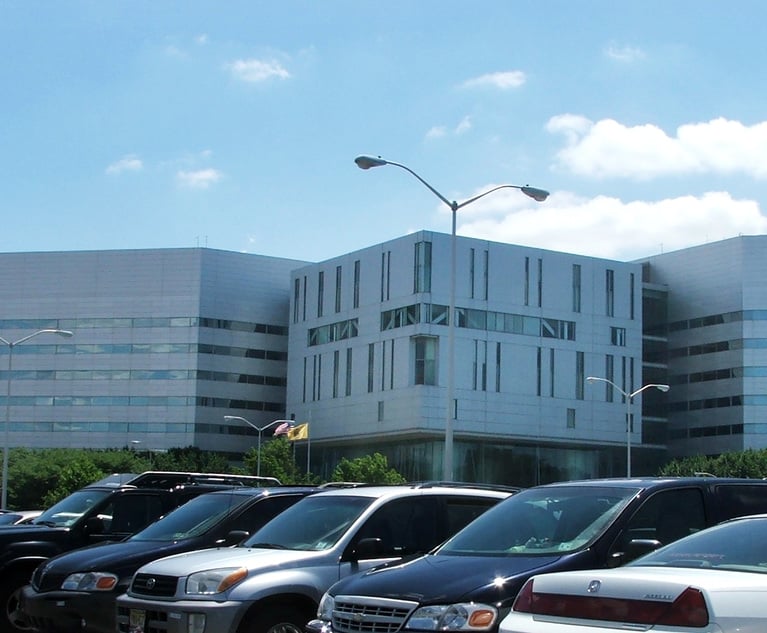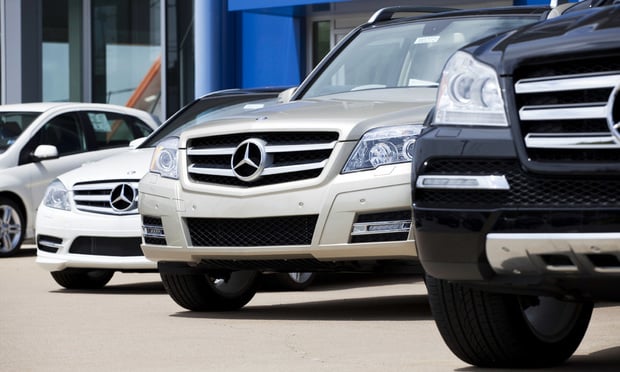In State v Smith, decided on Dec. 31, the Appellate Division decided another issue which arose as a result of the pandemic. The issue was whether the trial judge’s declaration of a mistrial, sua sponte and over objection of the defendants, required dismissal of the charges against two co-defendants (including murder charges against Smith) without a second trial under the double jeopardy clauses of the state and federal constitutions. Our state constitution has been interpreted to be coextensive with the federal double jeopardy clause notwithstanding its limited language relating to retrial after acquittal, and both state and federal courts have made clear that jeopardy attaches in a jury trial when “the jury is impaneled and sworn.” Thereafter, any mistrial would constitute double jeopardy unless the defendant consents by motion or otherwise, absent “manifest necessity” (or a hung jury). Here, the Appellate Division agreed with the trial court that there was no jeopardy preclusion by virtue of the sua sponte declaration of mistrial, even over defendants‘ objection, because of the circumstances and dangers posed by COVID-19 with respect to the ongoing trial which commenced in February 2020 and was carried on March 17, when the Supreme Court suspended jury trials, and not continued when on-going jury trials could resume in June, or new trials could be commenced in July, because of legitimate concerns about the risks at the time. On Oct. 26, finding no alternative to a mistrial, given the length of time since the continuance and number of witness and estimated trial time remaining, the judge declared the mistrial.
Balancing the requisite factors the Appellate Division found the “defense counsel acted in good faith in expressing their concerns for the health of themselves, defendants and those participating in the trial” and that “the circumstances creating the predicament were beyond the control of all involved and were not the result of prosecutorial or defense misconduct.” And after a seven month delay during the trial there were no “reasonable prospects of resuming [the trial] in the near future” and no reasonable or “viable alternative” to declaring a mistrial. The mistrial was declared seven months after suspension of the trial “as a result of the COVID-19 pandemic with no end in sight,” with true concern about whether or not the jury could consider evidence fairly after a seven month delay.







